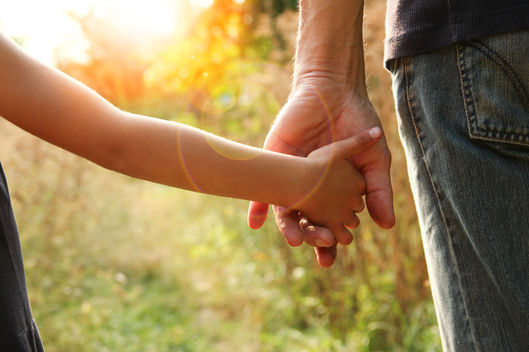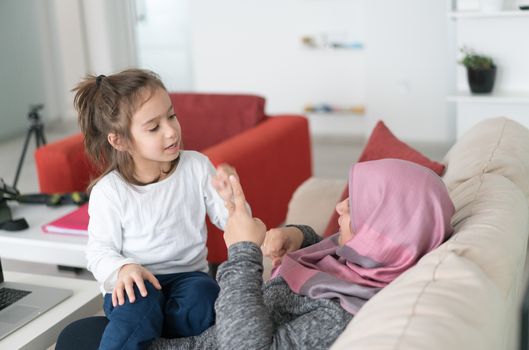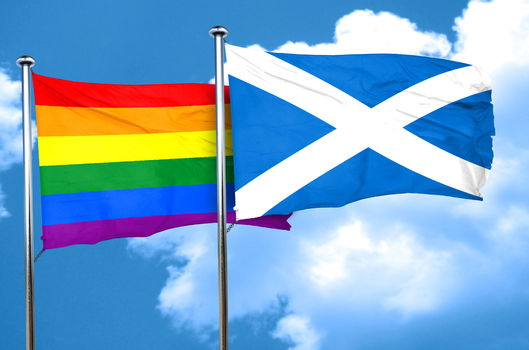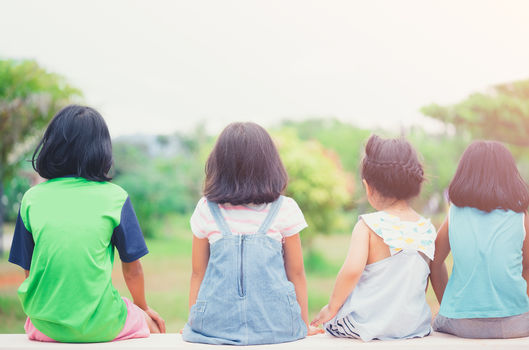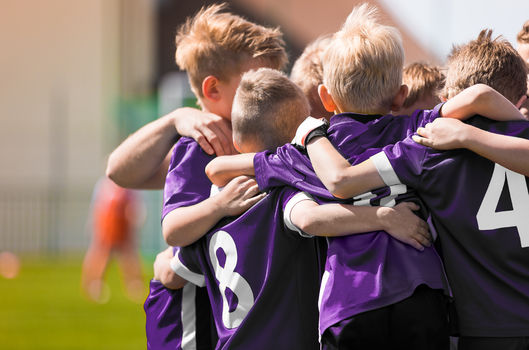Prevention of Child Sexual Abuse in different settings
The public expects all those who work with children and families to have all the answers about how to protect children and young people from sexual abuse. We know that this not always the case: abuse typically happens in secrecy and signs and indicators may be difficult to detect.
However good organisational safeguards will always make harm less likely and reduce the likelihood of abuse occurring.
Some relevant questions to think about in relation to prevention of child sexual abuse that are relevant to all organisations working with children can be found here. At the end of this page we have links to more specific information in relation to a number of specific areas :
- Faith communities
- Sports Organisations
- Organisation that work with children with disabilities
- Looked after children in residential settings
- Protection of LGBTQ+ children and young people
- Educational Settings
If you have a concern about a child protection matter you should speak to the child protection lead person, but please use common sense and take appropriate action if there is an immediate risk to a child.
If you think a child is in immediate danger, contact the police on 999.
|
If you're worried about a child but they are not in immediate danger, you should share your concerns. - Follow your organisational child protection procedures. Organisations that work with children and families must have safeguarding policies and procedures in place. - Contact the NSPCC Helpline on 0808 800 5000 or by emailing help@nspcc.org.uk. - Contact your local children’s social work team. Their contact details can be found on the website for the local authority the child lives in. |
- Physical environment
Has the physical environment of the building been made as safe as possible?
Are there ‘out of the way’, isolated parts of the organisation’s building where abuse may be more likely?
Are there arrangements to supervise these places?
Is there supervision of the environment if and when children are outside the building?
- Contact online
Is there supervision of online contact between staff and children or volunteers and children?
Do adults – staff or volunteers - use texts or email or social media to contact children?
Who is copied into these messages? What information is recorded about this kind of contact?
Does your organisation have a policy on adult interactions on social media with children involved with the service?
The development of inappropriate relationships sometimes starts with phone or internet-based messaging.
- Understanding of what is appropriate behaviour
Is there a clear understanding within the organisation of what is and what is not appropriate behaviour with children?
This should be outlined in the safeguarding policy or code of conduct.
It should restrict and/or supervise 1-to-1 contact with children.
This is particularly important if staff are involved in the physical care of children. If this is the case, these tasks should be specifically detailed.
Activities outwith the building e.g. trips and holidays must also be included. Abuse in organisations often takes place outside the service’s premises.
- Safeguarding policies
Does the organisation have a written safeguarding policy and/or codes of conduct? You should be able to obtain a copy or read it online.
Is it regularly reviewed?
These policies should be available and familiar to everybody working there. However good a policy is, it is ineffective if staff don’t know what’s in it.
- Supervision
Is the work of staff and volunteers supervised?
Effective supervision helps organisations to identify and deal with any problems at an early stage. Is there any training offered to staff around safeguarding generally? Or training specifically about tackling child sexual abuse?
- Recruitment
The organisation should screen all workers and volunteers when they are recruited.
This usually involves obtaining Disclosure or PVG registration in relation to previous offences.
Are references checked?
Does the interview process include questions about their care of children and the person’s understanding of appropriate behaviour towards children?
Whilst all this is vital, it is important to note that many people who abuse within organisations have no previous convictions and would not necessarily be screened by a PVG check.
- What you should consider and ask?
Questions to consider could include:
Is the service prepared to accept that abuse could take place within the organisation? If the attitude is that “it could never happen here” then appropriate steps are unlikely to have been put in place or followed through.
Do they consider that is not just male strangers who commit sexual abuse? Although women are much less likely to commit sexual offences than men, it does happen. Around 10% of sexual abuse in organisational settings is caused by women.
Not all individuals who present a risk of harm to children are isolated or single. Most men who commit sexual offences are in adult relationships and have families.
Approximately a third of all sexual offences against children are caused by other, usually older, children.
All staff (including female staff), volunteers and other service users and women need to be included in safeguarding policies and codes of conduct.
- Is the organisation safe for children?
Leaving a child in the care of an organisation can be a concern for parents. However, any organisation that has regular contact with or provides services to children should have taken steps to try to prevent any abuse taking place.
If a child becomes involved with any organisation, then it is expected that they have policies that safeguard the welfare of children with whom they have contact.
- What if I raise concerns?
Larger organisations are likely to have a 'whistleblowing' policy.
You should feel confident that any concern you have will be treated seriously, fairly and consideration given to the safety of children and your anonymity.
Faith Communities
protecting the next child within faith communities in Scotland
LGBTQ+
Protection of LGBTQ+ children and young people
Residential Care
Protection of Looked after children in Residential Care
Abuse of children with disabilities
Why children with a disability are three times as likely to suffer sexual abuse than other children.
Sports Organisations
Protecting the next child within a sporting environment.
Educational Settings
Child abuse prevention in schools and colleges
Did you know?
Over 90% of sexually abused children were abused by someone they knew
Source - Radford, L. et al (2011)
Read more